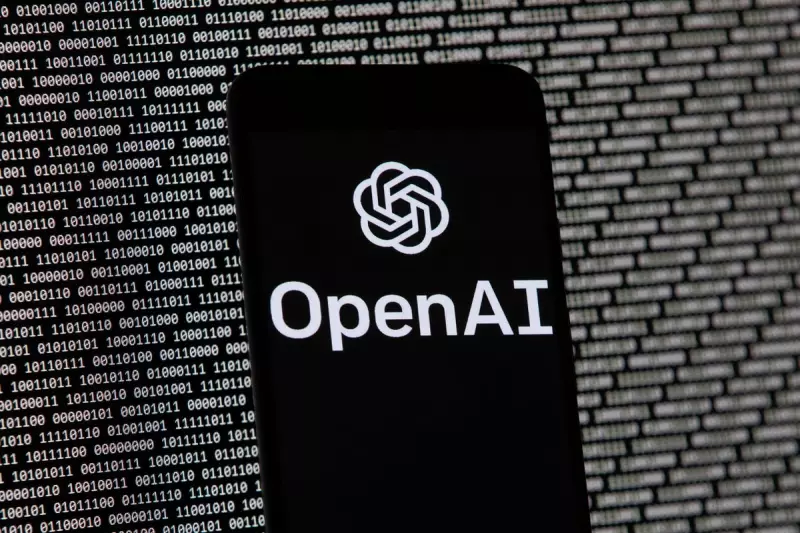
In a significant and quietly executed shift, the artificial intelligence powerhouse OpenAI has removed explicit prohibitions against military applications from its core usage policies. The move, discovered in a recent update to the company's terms of service, marks a stark departure from its previous hardline stance against 'military and warfare' uses.
The controversial change was first spotted by experts and reported by The Independent. It eliminates the outright ban, replacing it with a broader, more nebulous directive against using its services to 'harm yourself or others'. This recalibration opens a potential door for OpenAI's technologies, including the ubiquitous ChatGPT, to be leveraged by government defence agencies and military contractors.
A Quiet Rewrite with Major Implications
The company's previous policy page, last updated in March 2023, contained a clear-cut clause forbidding activity that involved 'weapons development' and 'military and warfare'. That specific language has now been scrubbed. A spokesperson for the San Francisco-based firm stated the aim was to create a set of 'universal principles' that are 'easy to remember and apply'.
They elaborated, noting that the new policy 'does not prohibit military use altogether,' but rather bars specific applications that cause harm. This nuanced approach could permit collaboration with military entities on projects deemed 'non-harmful,' such as cybersecurity, logistics, or veterans' support services.
The Ethical Firestorm Reignites
This policy pivot has immediately reignited the fierce ethical debate surrounding AI in combat and surveillance. Critics argue that providing AI tools to the military sector is a slippery slope, inevitably leading to more automated and efficient warfare, potentially even enabling the development of lethal autonomous weapons.
Advocates, however, may contend that modern national security depends on leveraging cutting-edge AI to defend against cyberattacks and other threats, and that a blanket ban put Western democracies at a disadvantage. OpenAI's own technology is already being used by the Pentagon-backed 'Project Maven' for cybersecurity and by a separate initiative to help veterans process complex medical paperwork.
Navigating a Complex Future
The update coincides with OpenAI's recent filing to shift its for-profit arm's corporate registration from its liberal home state of California to the more business-friendly jurisdiction of Delaware. This has led some analysts to speculate the company is positioning itself for larger, more complex government and industrial contracts where previous ethical restrictions may have been a barrier.
As the lines between commercial and defence technology continue to blur, OpenAI's decision places it alongside other major tech firms navigating the moral complexities of partnering with the military. The world will be watching closely to see how the company applies its new 'do not harm' principle on the global stage.





